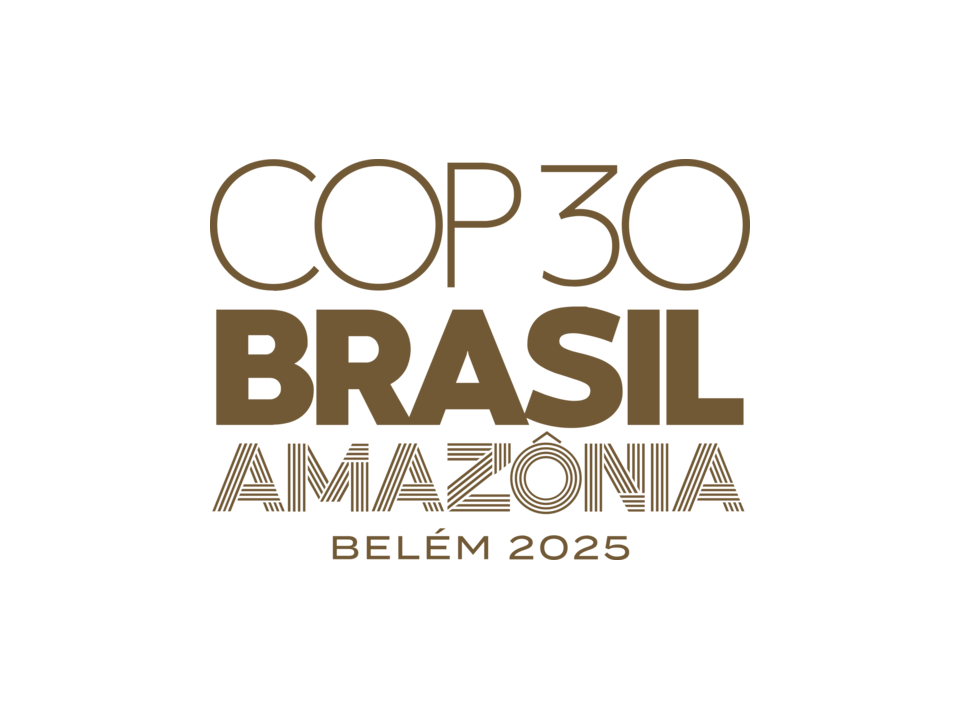Pick Up
1387. Agreement at COP30

1387. Agreement at COP30
COP30, held in Belém, Brazil, was the first COP to take place in the Amazon and the first since the United Nations warned that record increases in greenhouse gas concentrations make it "virtually impossible" to limit global warming to 1.5°C in the next few years without temporarily exceeding the Paris Agreement's targets.
Despite geopolitical upheaval, 194 countries came together after two weeks of intense negotiations. The final Mutirão text consolidated four contentious negotiating tracks, ranging from mitigation to finance to trade barriers, into a single consensus-based agreement.
The final document declares that the global transition to low-emission, climate-resilient development is irreversible and the trend of the future. It reaffirms that the Paris Agreement is working and that we need to move faster and further in strengthening the role of multilateral climate cooperation. The text calls for mobilizing at least $1.3 trillion annually by 2035 for climate action, tripling adaptation finance, and operationalizing the loss and damage fund agreed upon at COP28. The COP also launched two major initiatives, the Global Implementation Accelerator and the Belém Mission to 1.5, to support countries in achieving their Nationally Determined Contributions (NDCs) and adaptation plans.
Meanwhile, countries agreed on a comprehensive package to scale up climate finance and accelerate the implementation of the Paris Agreement, but no clear commitment was made to transition away from fossil fuels. The final decision emphasized solidarity and investment and set ambitious financial targets, while leaving the energy transition to future discussions.
As the Brazilian presidency emphasized, a successful COP30 will not be limited to a negotiated agreement, and it highlighted a series of voluntary commitments under the Action Plan. These include:
- Tropical Forests Forever Fund: Raised $5.5 billion and now includes 53 participating countries; at least 20 percent of resources go directly to Indigenous Peoples and local communities.
- Belém Health Action Plan: The first global initiative targeting climate-related health threats, launched with $300 million from 35 philanthropic organizations.
- UNEZA Alliance: Public utility companies pledged $66 billion annually for renewable energy and $82 billion for transmission and storage.
- Cities, regions, and companies: A coalition spanning 25,000 buildings reported cutting over 850,000 tons of CO₂ in 2024.
Contributor: IIYAMA Miyuki, Information Program
